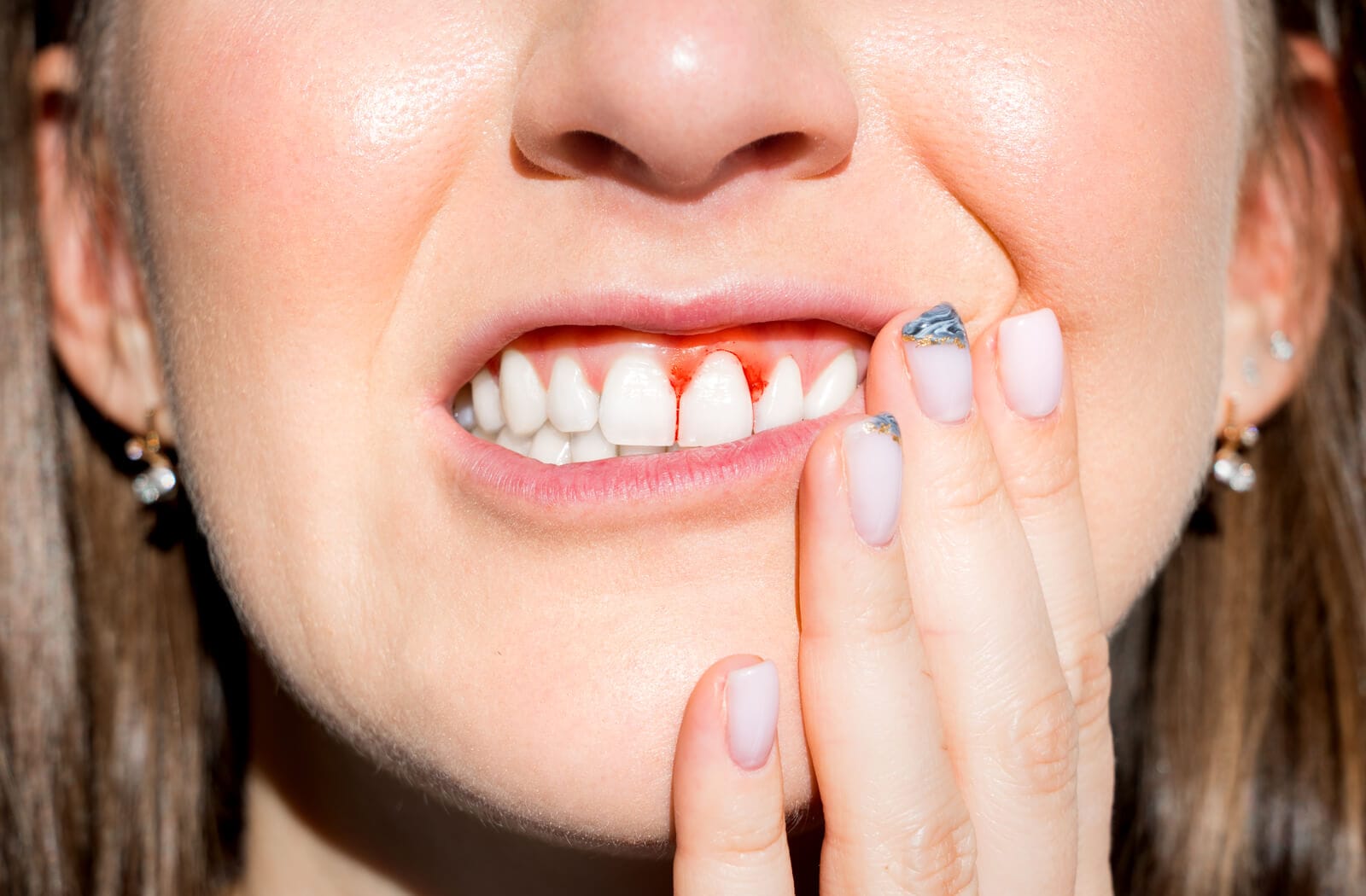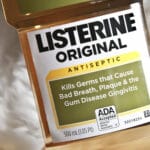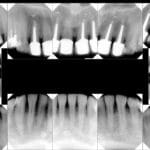Concerned about catching gingivitis? You’re not alone. It’s a common worry, but the truth is a bit more nuanced than simply “yes” or “no.” This article sets the record straight, separating fact from fiction about gingivitis contagion, prevention, and how to reclaim healthy gums. We’ll break down the science in plain English so you can get the scoop on keeping your smile vibrant.
## Can You Actually “Catch” Gingivitis?
Let’s clear the air: you won’t catch gingivitis like you catch a cold. No sneezing or coughing gingivitis germs here. However, the story doesn’t end there. While gingivitis itself isn’t contagious in the traditional sense, the bacteria that *cause* it can be spread. It’s a “yes, but…” situation.
### The Bacterial Exchange: How it Happens
Your mouth is a bustling ecosystem of bacteria, some beneficial and some, well, less so. These troublesome bacteria can lead to gingivitis, especially if they multiply unchecked. Sharing utensils, drinks, or—yes—even kissing, can transmit these bacteria through saliva. This is also relevant for parents and children sharing utensils. Curious about [how long it takes sutures to dissolve in your mouth](https://www.lolaapp.com/how-long-does-it-take-sutures-to-dissolve-in-mouth)? The healing process is quite fascinating.
### Plaque: The Real Culprit
Even if you’re exposed to these bacteria, developing gingivitis isn’t inevitable. Plaque, that sticky film on your teeth, is the real villain. It’s a breeding ground for bacteria. Without regular brushing and flossing, harmful bacteria thrive, irritating your gums and causing the redness, swelling, and occasional bleeding characteristic of gingivitis. This emphasizes why good oral hygiene, rather than simply avoiding bacterial exposure, is paramount. Want to boost your oral health further? Explore ways to [remineralize teeth](https://www.lolaapp.com/how-to-remineralize-teeth) naturally.
### Protecting Your Gums: A Proactive Approach
Preventing gingivitis and minimizing bacterial spread hinges on excellent oral hygiene.
* **Brush Like a Pro:** Twice daily for two minutes with fluoride toothpaste. It’s your first line of defense.
* **Floss Daily:** Reach those hard-to-reach spots between your teeth to remove plaque and debris.
* **Regular Dental Visits:** Professional cleanings remove stubborn tartar and provide early detection of gum issues.
* **Healthy Diet:** Limit sugary snacks and drinks that fuel bacterial growth. Focus on vitamin C-rich fruits and vegetables.
* **Quit Smoking:** Smoking weakens your immune system, making you more susceptible to gum infections.
## Kissing with Gingivitis: Is it Safe?
A common concern is whether kissing can transmit gingivitis. While a single peck is unlikely to cause problems, the answer is more nuanced regarding frequent kissing. Saliva exchange can transfer bacteria, potentially disrupting the balance of your partner’s oral microbiome (the community of bacteria in their mouth). This doesn’t automatically cause gingivitis, but it can increase the risk, especially if their oral hygiene isn’t optimal. Open communication about oral health and consistent hygiene practices are essential for both partners.
## Oral Sex and Gingivitis: Understanding the Risks
While not directly causing gingivitis, oral sex can transmit bacteria that might exacerbate existing gum inflammation or increase susceptibility in a partner. Again, good oral hygiene, open communication, and considering barrier methods like dental dams can minimize potential risks. It’s important to note that research is ongoing, and consulting with a dentist is always recommended for personalized advice.
## Gingivitis Recovery: How Long Does it Take?
With proper care, gingivitis typically resolves within 10-14 days. Professional cleaning removes plaque and tartar, while diligent brushing, flossing, a balanced diet, and regular dental checkups are crucial for preventing recurrence. Untreated gingivitis can progress to periodontitis, a more severe form of gum disease, potentially affecting overall health.
By understanding the nuances of gingivitis and prioritizing good oral hygiene, you can protect your gums and maintain a healthy, vibrant smile. Remember, your dentist is your best resource for personalized advice and care.












